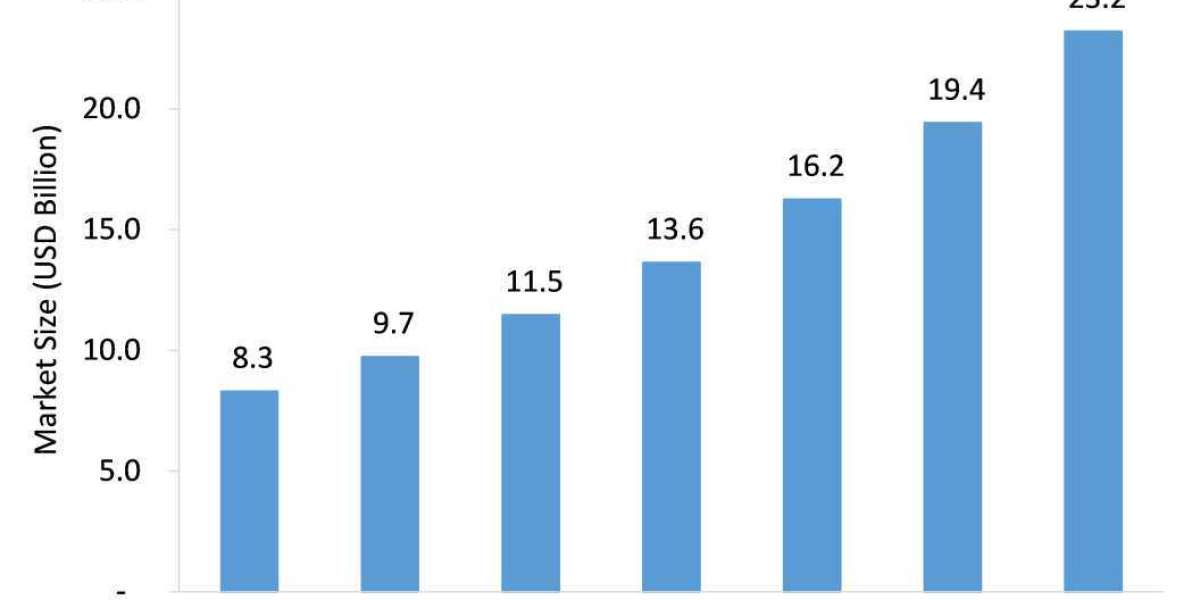The role of internal auditing within Governance, Risk, and Compliance (GRC) is undergoing a significant transformation. As organizations face increasingly complex regulatory environments and emerging risks, internal audit functions are evolving to become more strategic, proactive, and technology-driven. Let's explore the key trends shaping the future of internal auditing in GRC:
Adoption of Advanced Analytics and AI
Internal audit teams are increasingly leveraging advanced analytics and artificial intelligence to enhance their capabilities. These technologies enable auditors to analyze vast amounts of data quickly, identify patterns, and detect anomalies that might indicate risks or compliance issues. Predictive analytics will allow internal auditors to forecast potential risks and provide insights for proactive risk management.
Continuous Auditing and Monitoring
The traditional model of periodic audits is giving way to continuous auditing and monitoring. Real-time data analysis tools allow internal auditors to constantly assess risks and compliance, providing timely insights to management. This shift enables organizations to address issues promptly and maintain ongoing compliance.
Focus on Cybersecurity and Data Privacy
With the increasing frequency and sophistication of cyber threats, internal audit functions are placing greater emphasis on cybersecurity and data privacy. Auditors are developing specialized skills to evaluate an organization's cyber defenses, incident response plans, and compliance with data protection regulations like GDPR.
Integration with Enterprise Risk Management
Internal audit is becoming more closely aligned with enterprise risk management (ERM) frameworks. This integration allows for a more holistic view of organizational risks and ensures that audit activities are focused on the most critical areas. Internal auditors are increasingly involved in risk assessment processes and providing assurance on the effectiveness of risk management strategies.
Emphasis on Organizational Culture and Ethics
Future internal audits will place greater emphasis on assessing organizational culture and ethical practices. This includes evaluating the "tone at the top," employee behavior, and the effectiveness of ethics programs. Internal auditors will play a crucial role in promoting a culture of integrity and compliance throughout the organization.
Agile Auditing Methodologies
Agile methodologies, originally developed for software development, are being adapted for internal auditing. This approach allows for more flexible, iterative audit processes that can quickly adapt to changing risks and business needs. Agile auditing enables faster delivery of insights and more frequent communication with stakeholders.
Enhanced Reporting and Visualization
The future of internal audit reporting will involve more dynamic, interactive formats. Data visualization tools will allow auditors to present complex findings in easily digestible ways, enabling stakeholders to quickly grasp key issues and trends. Real-time dashboards will provide ongoing visibility into risk and compliance status.
Focus on Emerging Risks
Internal audit functions will need to stay ahead of emerging risks such as those related to environmental, social, and governance (ESG) factors, geopolitical instabilities, and rapid technological changes. This will require ongoing education and skill development for audit teams.
Increased Use of Robotics Process Automation (RPA)
Routine, repetitive audit tasks will increasingly be automated using RPA. This will free up auditors to focus on more strategic, value-added activities that require human judgment and critical thinking.
Strategic Advisory Role
Internal audit will continue to evolve from a purely assurance function to a strategic advisor on risk and governance matters. Auditors will be expected to provide insights that inform business strategy and decision-making, contributing directly to organizational value creation.
Jethur: Empowering the Future of Internal Auditing in GRC
As organizations prepare for the future of internal auditing in GRC, innovative solutions like Jethur are leading the way. Jethur offers a cutting-edge software solution designed to enhance business performance through innovative approaches to Governance, Risk, and Compliance.
Jethur's platform integrates many of the future trends discussed above, including advanced analytics, continuous monitoring capabilities, and robust cybersecurity features. Their solution empowers internal audit teams to streamline complex processes, boost operational effectiveness, and ensure compliance with evolving regulations.
With a mission to simplify GRC for clients and a vision to be a pioneering force in GRC innovation, Jethur is well-positioned to support the evolving needs of internal audit functions. Their commitment to excellence, passion for innovation, and focus on customer empowerment align perfectly with the future demands of internal auditing in GRC.
By leveraging Jethur's advanced technical features and customizable applications, organizations can equip their internal audit teams with the tools they need to navigate the complex landscape of modern GRC, turning challenges into opportunities for growth and improved performance.
Conclusion
The future of internal auditing in GRC is dynamic and technology-driven. As internal audit functions embrace these trends, they will be better positioned to provide valuable insights, enhance organizational resilience, and contribute to strategic decision-making. The key to success will be the ability to adapt to new technologies and methodologies while maintaining a focus on adding value to the organization.


![Spider Lift Market Size, Share, Company Analysis [2032]](https://f002.backblazeb2.com/file/yoosocial/upload/photos/2024/05/3cvQd7ewG5T6hnosV8PS_29_fb535f40b92f701c7946e24b39b2c8c0_image.jpg)






